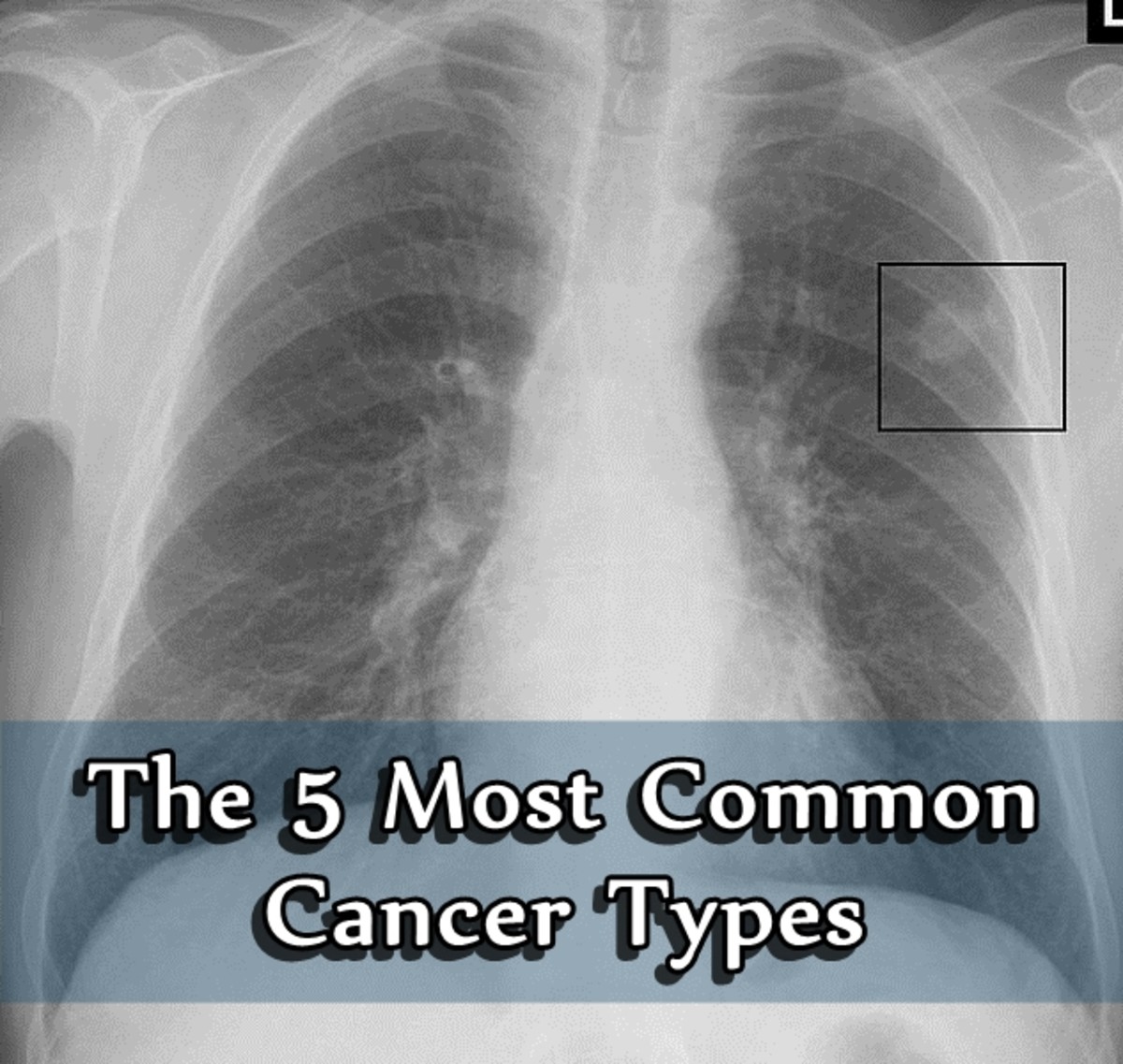March is Prostate Cancer Awareness Month

Did you know March is Prostate Cancer Awareness Month? Although November (also known as Movember for this matter) is the chosen month to raise awareness around all those health issues affecting men, March was the chosen month to educate the public about prostate cancer, which unfortunately is one of the main causes of death for males in the UK.
The numbers are clear: 1 in 8 men will be diagnosed with prostate cancer at some point in their lifetime, according to Prostate Cancer UK, with around 36,000 new cases every year in the UK. With such statistics, it’s no wonder the general concern around this type of cancer. So what should you learn about prostate cancer? I’ll tell you everything in this blog post.
What is prostate cancer and how does it develop?
The prostate is a gland that sits underneath the bladder and surrounding the urethra. It helps in the production of semen and is the size of a walnut. Therefore, it’s only men (also trans-women and male-assigned non-binary or intersex people) who can develop prostate cancer, as it’s only them who have one!
Prostate cancer develops, as does any other type of cancer, when cells start growing unnaturally. In a healthy organ, the “birth and death” of cells is carefully controlled, but when an organ starts developing cancer, the cells multiply greatly, creating this mass of abnormal, unstoppable cells. This is what we call a tumour. In this case, this will start happening in the prostate, but if not stopped in time, the cancer could spread to other parts of the body. If it does, it’s called metastatic cancer.
Who is at risk of developing prostate cancer?
The reason why cancer exists only in some people is still a mystery for experts and researchers. However, there are certain factors that can make you more susceptible to develop it. They are mainly three:
-
Age:
As you grow older, your prostate grows bigger. Prostate cancer affects mainly men over their 50s and in fact the most common age to be diagnosed is between 60 and 69 years. This is why it’s really important to start getting prostate screenings at your GP once you’ve reached your half of a century.
-
Race:
Surprisingly enough, black men are more likely to develop prostate cancer than other men. It is recommended that black men start their screenings and prostate cancer tests at the age of 45 instead of after their 50s.
-
Family history:
As it happens with other types of cancer, prostate cancer has proven to be linked to your genes. If someone in your close family suffered from prostate cancer, you will be more likely to suffer from it than someone whose family didn’t show any signs of it. This is probably because you will share the same faulty genes with the members of your family. Some interesting details to pay attention to:
-
If your father or brother had prostate cancer, you are 2.5 times more likely to get it too.
-
This likelihood could increase if they were diagnosed before their 60s.
-
You are also at risk if your mum or sister had breast cancer
-
This doesn't mean you will inevitably develop prostate cancer, but that you should probably check with your doctor more often than men without a family history of cancer.

What are the signs of prostate cancer?
In most cases, prostate cancer doesn’t show symptoms in the early stages, because of the way the cancer grows, usually in the back of the prostate and away from the urethra. This is precisely why periodic prostate screenings are so important once you’ve reached a certain age.
Symptoms start when the tumour starts pressing against the urethra, which can cause:
-
Difficulty in starting to urinate
-
Needing to pee more frequently or needing to rush to the toilet
-
Weak flow or decreased velocity of urine stream
-
Loss of bladder control
-
Painful ejaculation
-
Blood in semen or in urine
If cancer has spread to other parts of the body in an advanced stage, you could be feeling other symptoms such as back or pelvis pain, problems with your erections or an unexplained weight loss.
However these symptoms do not always mean you have prostate cancer, as the prostate naturally enlarges as you grow old. If you notice any of these changes in your body, arrange an appointment with your doctor as soon as possible.

Can I prevent developing prostate cancer?
However big the rates of this diagnosis may be, when caught in time the chances of survival are incredibly high. Treatment is often not necessary for many men with prostate cancer and in fact the survival rate for ten or more years is an incredible 84% according to Cancer Research UK.
But it’s always better to be safe than sorry. A healthy diet and regular exercise are good for your health and could help you reduce your risk to develop prostate cancer. Here are some tips:
-
A healthy and balanced diet and staying physically active to maintain a healthy weight;
-
Reduce your consumption of foods that may increase your risk of developing cancer, such as dairy foods, calcium, processed and red meat and alcohol;
-
Quit smoking or drastically reduce the amount of tobacco you smoke, as smoking is known for increasing the chances of getting an aggressive type of cancer;
-
Keep your health screenings up to date.
This content is accurate and true to the best of the author’s knowledge and does not substitute for diagnosis, prognosis, treatment, prescription, and/or dietary advice from a licensed health professional. Drugs, supplements, and natural remedies may have dangerous side effects. If pregnant or nursing, consult with a qualified provider on an individual basis. Seek immediate help if you are experiencing a medical emergency.
© 2020 Ellie Campbell








